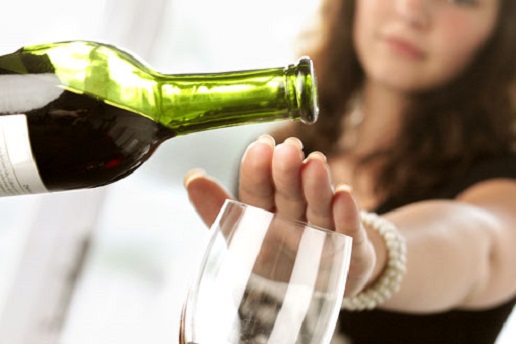We all think that a few drinks at Christmas is just a normal occurrence, and yes, whilst this is the case, do you ever stop think about how your choice of beverage could be affecting your body?
A few drinks might make you feel merry, tipsy even, and happy for a short time, but drinking to excess, as often happens during the festive period, could be much more dangerous than you could ever realise.
On top of this, do you give much thought of the food you’re consuming and whether your body will thank you for it? Sugary treats can have a majorly negative effect on your body too, as well as brain function, which you might never have thought of.
I may be painting a rather grim outlook here, but it’s important to have a balanced view at a time when everyone goes just a little bit, well, silly.
In order to back up this argument, let’s take a brief look at what sugar, and indeed alcohol, does to your brain.
You might never be able to truly know how much sugar is in anything you eat or drink, but it has been shown that sugar can have a negative impact on brain function, as well as putting you in line for other health upsets, such as diabetes etc. When you combine alcohol, which we’ll discuss in more detail shortly, with sugar, you’re looking at a double whammy on your poor brain.
Put simply, the brain is a delicate thing, and sugar and alcohol both upset the chemical balances which are needed to be in total harmony for your grey matter to work effectively.
Alcohol is a major player in upsetting the brain, because we know that alcohol is a depressant, and it has that uncanny knack of affecting mood and memory to a large degree. I’m sure you’ve all woken up the next morning, after a drinking session, and pondered over those gaps in your memory. This is because after a certain point of drinking, your brain stops being able to store memories to its ‘memory bank’, it basically gives up trying, and this is why you get those patchy moments.
On top of this, alcohol affects behaviour, and you basically think you can fly and do anything, when the truth is that you can’t. There are more accidents around the Christmas time than any other, simply because people drink too much and get a little too brave, unable to process danger signals the same as they would be able to sober.
If you need more proof of alcohol’s effects on the brain, think about your mood when you’ve been drinking heavily. Were you happy at the start, feeling like you were having a great time, only to be taken over by feelings of upset, anger, or even aggression as your drinking session wore on? This is normal, but that’s not to say it’s a good thing. The fact that alcohol depresses the brain’s signals is the reason for this; you will feel relaxed at first, because the alcohol is depressing the inhibition side of the brain, but as you drink more, more of your brain is affected, which sends your mood plummeting to the floor.
There’s no reason why you can’t enjoy a few drinks in moderation this Christmas, but remember that word – moderation!
If you’re at all concerned about any of this, call the practice now on (08) 6500 3277 to arrange an appointment to discuss in more detail.







